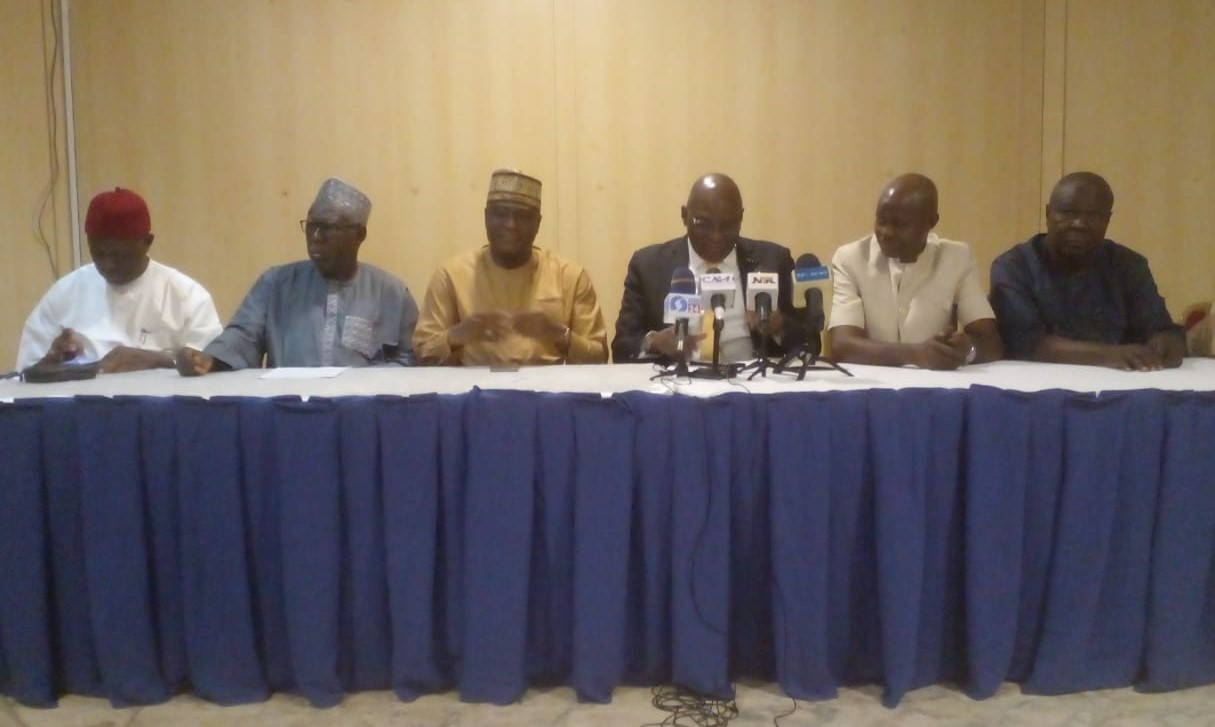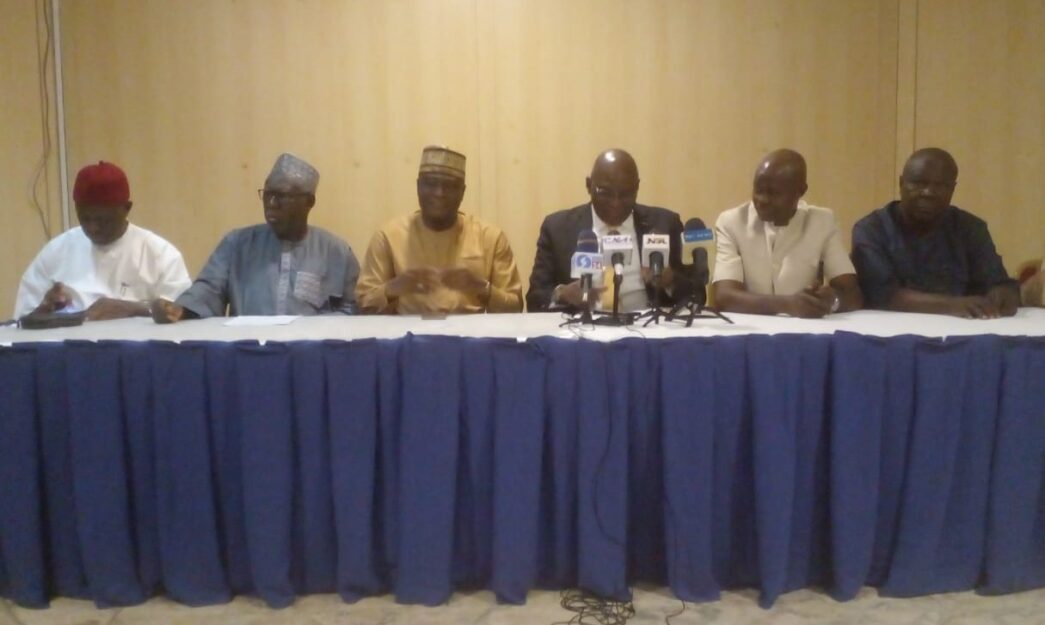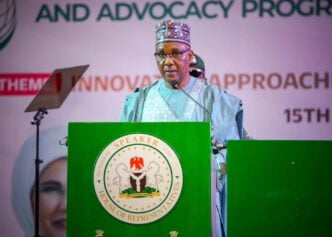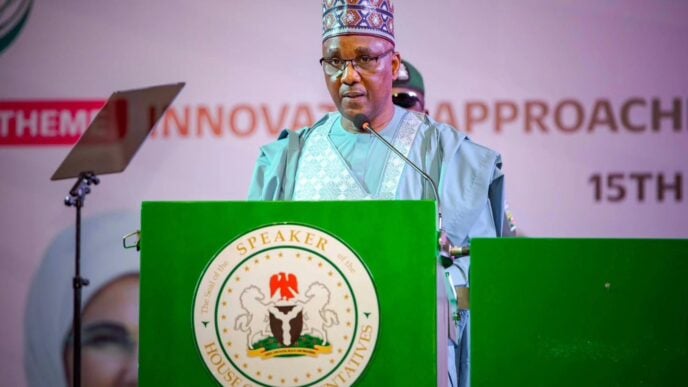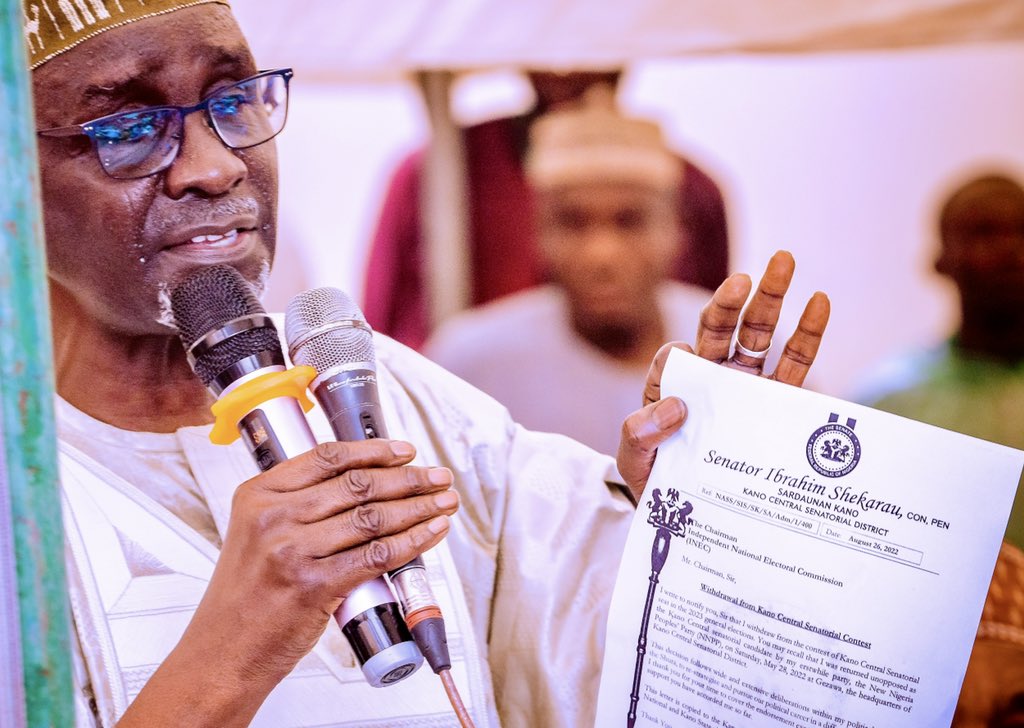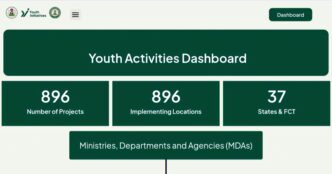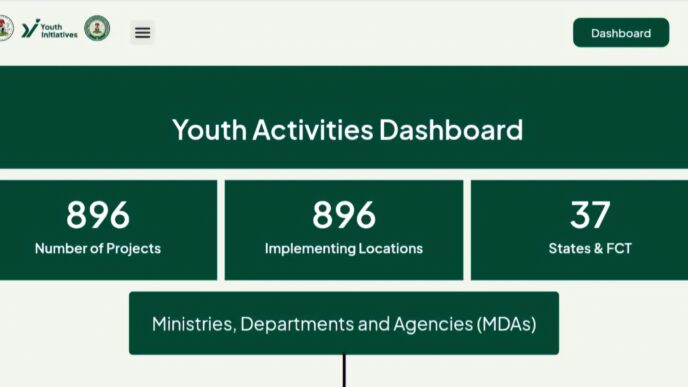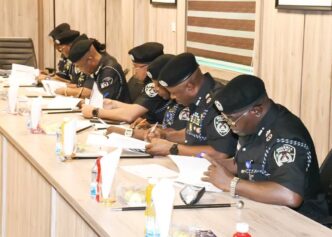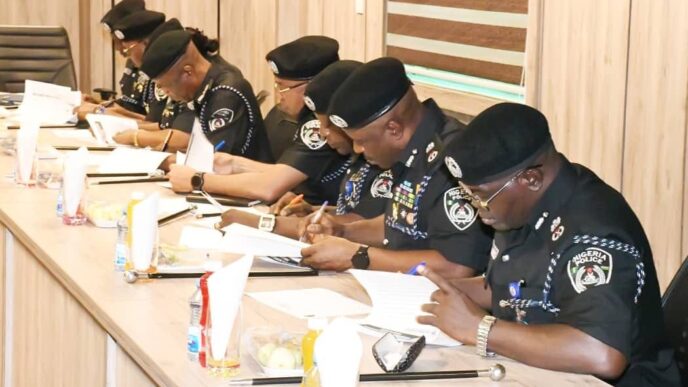The Independent Media and Policy Initiative (IMPI), a civil society organisation (CSO), has criticised northerners, who are opposed to the proposed tax reform bills.
Speaking in Abuja on Monday, Ahmad Sajoh, a former commissioner for information and strategy in Adamawa, said opposition to the bills by northerners stems from a “wrong notion”.
Sajoh said the “fears of the northern governors are unfounded,” adding that “they failed over the years to add value to what they produce from the region.”
“I think that as a northerner and as somebody who has been in the state executive in the northern state, I can tell you very categorically that the fear of the northern governments is unfounded,” he said.
Advertisement
“It is premised on the very wrong notion of a northern Nigeria that does not want to support productive activities.
“If the north had agreed that as northerners and as northern governors and northern governments, what we would do within a certain period, for example, is first and foremost to add value to the products we have, even if they are just agricultural.
“You take a cow, for instance. If a northern state government can establish an abattoir that slaughters a thousand cows a day and processes it into meat, once you do a channel through which the blood gathers, blood of a thousand cattle, if you process it, it can be used for so many other things.
Advertisement
“The bones are valuable. The horns are valuable, the hooves are valuable, and the skin, if you add value to the skin, when I was growing up, we had a Tumsa factory in Maiduguri, and we had another factory in Kano where they produced shoes, bags, belts, and others.
“If they could only learn to begin to add value to the products we have, they would not even worry about value-added tax or any other tax for that matter, because the north is rich.
“Nasarawa state has just established a lithium processing factory. Kaduna is doing the same.
“So, they should begin to think about adding value to the products that we produce in the north.
Advertisement
“They should begin to think about productive engagement, not what is going on. So I don’t think there’s any need for us to begin to fear.
“In any case, the major fear was that if you transfer money in your bank in Yola or Sokoto or anywhere, the bank goes to the bank headquarters in Lagos. But this law did not say that.
“The law says because no bank pays salary from Lagos, every branch of the bank has its own budget. They know their income; they know their expenditure.
“They know the source of their income, so if you want to, for example, say where the banks earn the money, the VAT—that is where you call the derivation point—you can do it.
Advertisement
“For the telecom companies, they are ICT compliant. You can track every call you make to a particular location. So all these fears are unfounded.”
The ex-commissioner also compared the northerners’ concerns about the tax reform bills with initial nationwide apprehensions about state police.
Advertisement
Niyi Akinsiju, IMPI’s chairman, said Nigerians should focus on creating a mutually beneficial fiscal relationship between the state and its people.
Akinsiju said the tax reform bills will position Nigeria among the African countries with the lowest tax-to-gross domestic product (GDP) ratios, at 10.86 percent, and put it on the path to inclusive growth that benefits all Nigerians.
Advertisement
BACKGROUND
On October 3, President Bola Tinubu asked the national assembly to consider and pass the Nigeria tax bill, Nigeria tax administration bill, Nigeria Revenue Service establishment bill, and the Joint Revenue Board establishment bill.
Advertisement
Tinubu is also seeking to repeal the law establishing the Federal Inland Revenue Service (FIRS) and replace it with the Nigeria Revenue Service.
However, the Northern States Governors Forum (NSGF) has kicked against the bills after a joint meeting with the northern traditional rulers’ council at the Kaduna government house on October 28.
The governors asked the national assembly to reject the bills and called for equitable and fair implementation of policies and programmes to prevent marginalisation of any geopolitical zone.
On October 31, the presidency assured the northern governors that the bills were not recommended by Tinubu to shortchange any part of the country.
On December 3, Yakubu Dogara, a former speaker of the house of representatives, asked northerners not to condemn Tinubu over the bills.
Dogara advised that they should view the reforms as an opportunity rather than a disadvantage, noting that the north can survive on its own without VAT.
